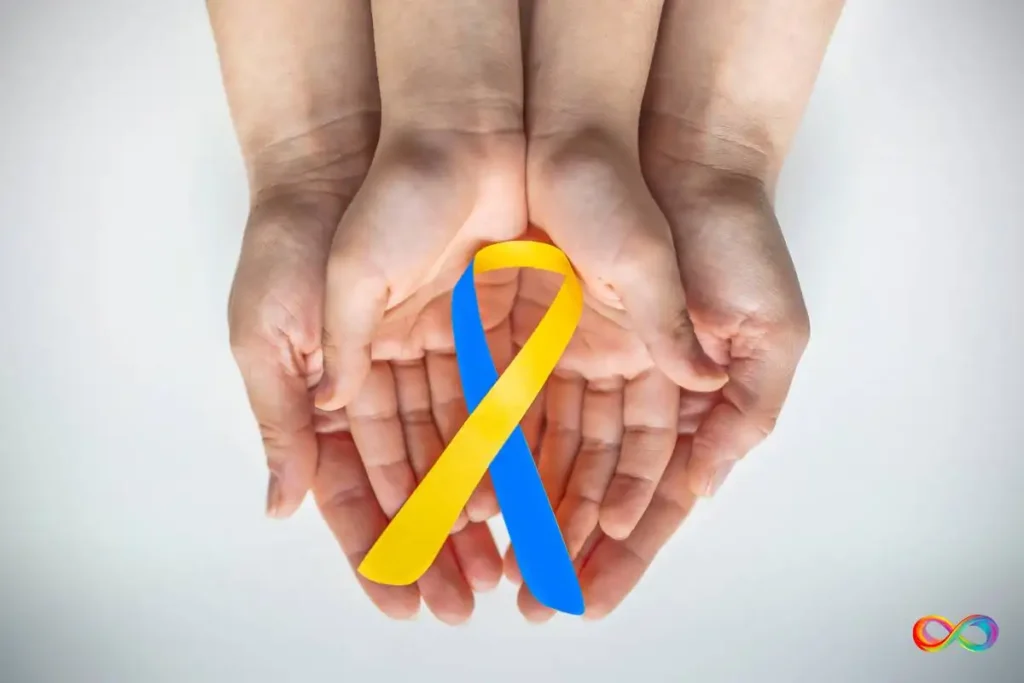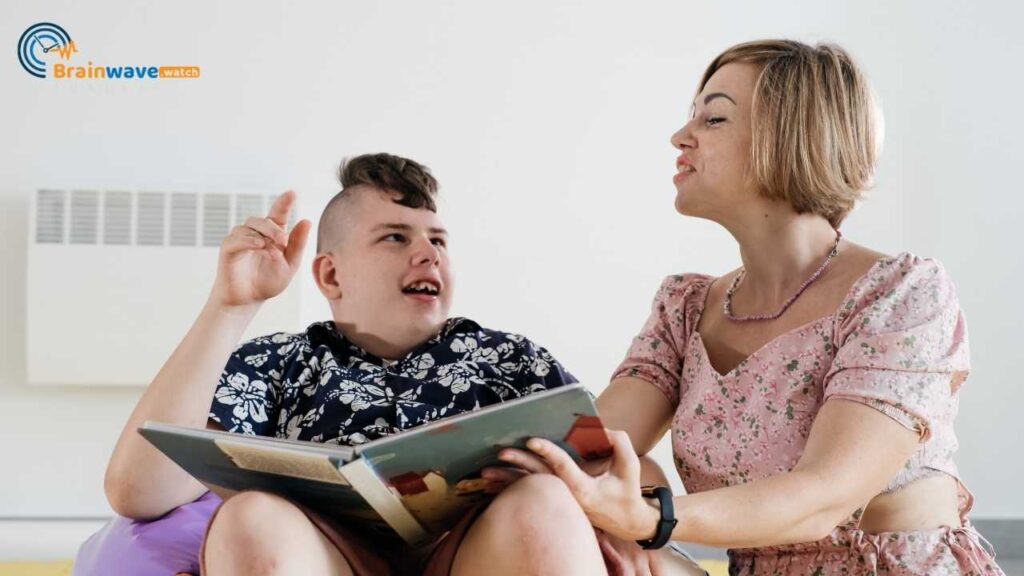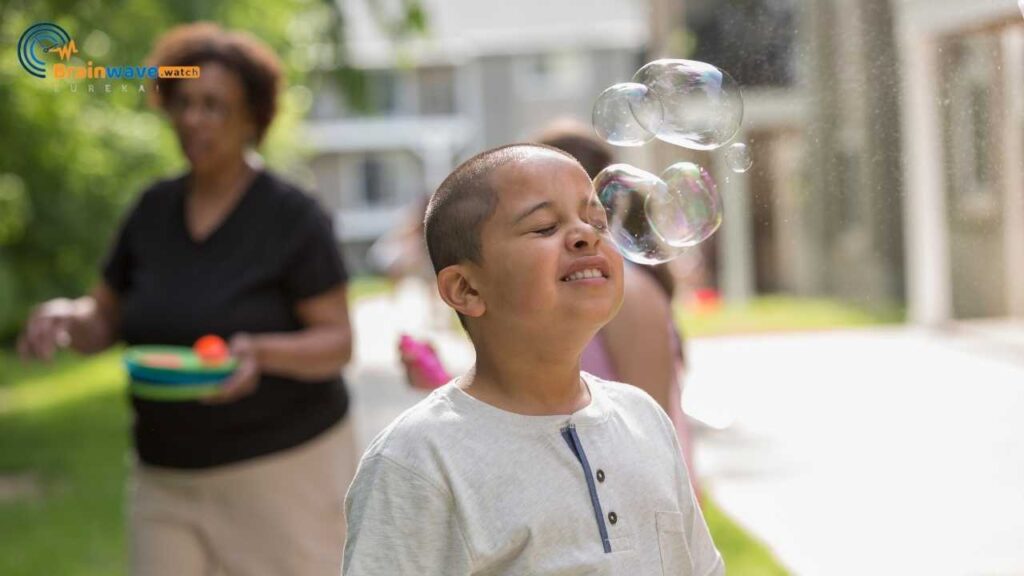Autism Spectrum Disorder
Autism Spectrum Disorder (ASD) is a neurodevelopmental disorder that affects communication, social interaction, and behavior. It is called a “spectrum” disorder because the severity of symptoms can vary widely among individuals. Some people with ASD may have mild symptoms and be able to live independently, while others may have severe symptoms and need lifelong support.
ASD is typically diagnosed in early childhood, but some people may not receive a diagnosis until later in life. The exact cause of ASD is not known, but it is believed to be a combination of genetic and environmental factors.
Some common characteristics of ASD include:
- Difficulty with social interaction and communication
- Repetitive behaviors or interests
- Sensory sensitivities
- Difficulty with transitions or changes in routine
ASD can have a significant impact on an individual’s life, as well as the lives of their family members and caregivers. Individuals with ASD need to receive early intervention and ongoing support to help them reach their full potential.
There is no cure for ASD, but there are many treatments and therapies available to help manage symptoms and improve quality of life. These may include speech and language, occupational, behavioral, and medication therapy.
It is important to note that every individual with ASD is unique and may experience symptoms differently. Therefore, treatment plans should be tailored to each individual’s needs and strengths.
Down Syndrome
Down syndrome is a genetic disorder that occurs when there is an extra copy of chromosome 21. This additional genetic material affects the way the body and brain develop, leading to a range of physical and intellectual disabilities.
People with Down syndrome may have distinct physical features, such as almond-shaped eyes, a small nose, and a short neck. They may also experience developmental delays, including delayed motor skills, speech, and cognitive abilities. However, it is important to note that each person with Down syndrome is unique and may experience a different range of symptoms and abilities.
Here are some key facts to better understand Down syndrome:
- Down syndrome is the most common chromosomal disorder, affecting approximately 1 in every 700 babies born in the United States.
- The risk of having a baby with Down syndrome increases as the mother’s age increases.
- People with Down syndrome may have a higher risk of certain health conditions, such as heart defects, hearing loss, and vision problems.
- Early intervention and support can help people with Down syndrome achieve their fullest potential and lead fulfilling lives.
It is important to understand that Down syndrome is not a disease or an illness, but rather a genetic variation that affects development. With the right support and resources, people with Down syndrome can lead happy and fulfilling lives.
Comparative Analysis of Challenges
Both autism and Down syndrome present unique challenges for individuals and their families. While there is no clear answer to which condition is worse, it is important to understand the differences between them to provide appropriate support and care.
Autism Challenges
Autism Spectrum Disorder (ASD) is a neurodevelopmental disorder that affects communication, social interaction, and behavior. Individuals with ASD may have difficulty with verbal and nonverbal communication, struggle with social interactions, and exhibit repetitive behaviors or restricted interests.
Some of the challenges associated with ASD include:
- Sensory processing difficulties, such as being over or under-sensitive to sounds, textures, or touch.
- Difficulty with transitions and changes in routine.
- Unusual eating habits or food preferences.
- Difficulty with sleep.
- Anxiety and/or depression.
- Challenging behaviors, such as aggression or self-injury.
Down Syndrome Challenges
Down syndrome is a genetic condition caused by the presence of an extra copy of chromosome 21. It is associated with intellectual disability and physical characteristics such as low muscle tone, small stature, and a single crease in the palm.
Some of the challenges associated with Down syndrome include:
- Intellectual disability and delays in cognitive development.
- Speech and language delays.
- Vision and hearing problems.
- Congenital heart defects and other health issues.
- Increased risk of developing Alzheimer’s disease later in life.
It is important to note that individuals with Down syndrome may also have co-occurring conditions, such as Autism Spectrum Disorder (ASD), which can present additional challenges.
Social Perceptions and Misconceptions
Autism and Down Syndrome are both developmental disorders that can impact an individual’s social interactions. However, there are many misconceptions surrounding these disorders, which can lead to social stigmatization and isolation of affected individuals.
One common misconception is that individuals with autism lack empathy, which is not true. While some individuals with autism may have difficulty expressing emotions in a typical way, they are capable of feeling and understanding emotions. Similarly, individuals with Down Syndrome are often stereotyped as being overly friendly or affectionate, which can be harmful as it can lead to inappropriate interactions with strangers.
Another misconception is that individuals with autism or Down Syndrome are not capable of leading fulfilling lives. This is simply not true, as many individuals with these disorders have successful careers, relationships, and hobbies. It is important to recognize that each individual is unique and has their strengths and challenges.
Unfortunately, these misconceptions can lead to social stigma and discrimination, which can make it difficult for individuals with autism or Down Syndrome to form meaningful relationships and participate fully in society. It is important to educate oneself and others about these disorders to promote acceptance and understanding.
Support and Resources for Families
Families of children with autism or Down syndrome may require additional support and resources to help their children thrive. Fortunately, there are many organizations and programs available to assist.
For families of children with autism, the Autism Society offers a variety of resources, including support groups, educational materials, and advocacy services. The organization also provides information on local resources and events.
For families of children with Down syndrome, the National Down Syndrome Society (NDSS) offers a range of resources, including educational materials, advocacy services, and support groups. The NDSS also offers a helpline to provide assistance and answer questions.
Both autism and Down syndrome can be associated with a range of medical and developmental challenges. Families may benefit from connecting with medical professionals who specialize in these conditions. The American Academy of Pediatrics recommends that children with Down syndrome receive regular medical care and screening for potential health issues.







